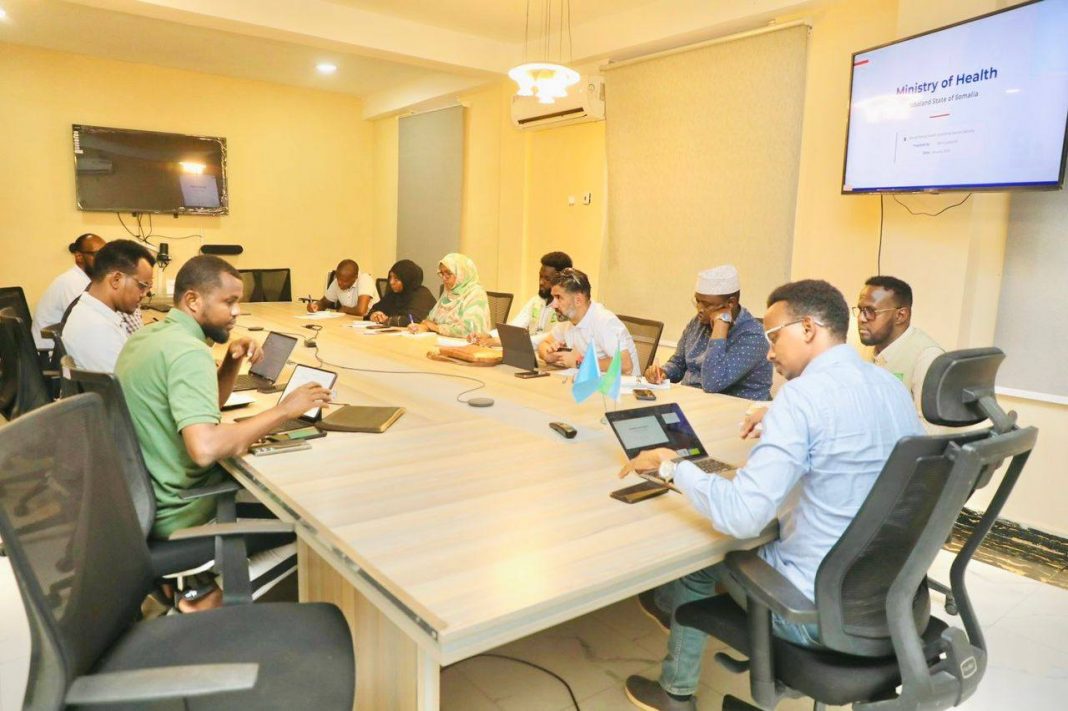NISA conducts successful operation in middle Jubba, eliminates senior al-shabaab leader
nisa conducts successful operation in middle jubba, eliminates senior al-shabaab leader
somalia takes part in 7th arab intelligence leaders meeting

President Hassan Sheikh Mohamud is in Qatar for talks on security, economic cooperation, and development as Somalia strengthens diplomatic ties. A community-funded house has been opened in Marko in honour of former President Mohamed Abdullahi Farmajo. Clashes in Baidoa injured several people, high...

Today marks a significant turning point in Somalia's legal and economic history. After 53 years, the Ministry of Labour and Social Affairs of the Federal Government of Somalia has officially launched the updated Somali Labour Code in Mogadishu. #somalia #somalilabour #workforce #somaliatoday

AFRICOM officers recognized for role in recent anti-Al-Shabaab operations in Jubaland.

jubaland health ministry hosts solo and pious projects delegation to discuss healthcare improvements

Uganda and Tanzania meet in a pivotal AFCON 2025 Group C match in Morocco, both chasing first points after opening losses, with long-standing rivalry...

Uganda and Tanzania meet in a pivotal AFCON 2025 Group C match in Morocco, both chasing first points after opening losses, with long-standing rivalry...